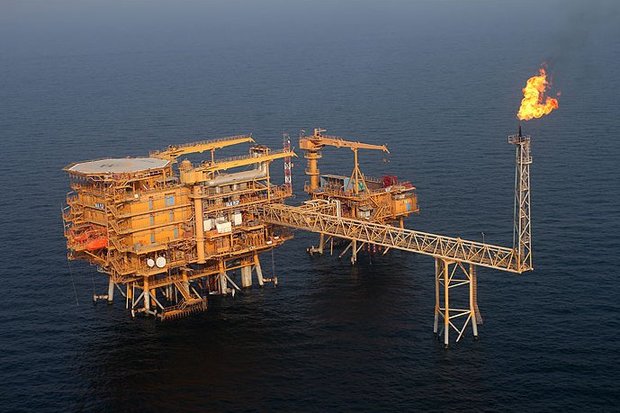Executive Director for International Affairs at National Iranian Oil Company (NIOC) Seyed Mohsen Ghamsari made the remarks adding “Japanese refining complexes exceed their import quotas.”
Ghamsari made the statement in response to western media claims that Iran’s oil export to Japan has fallen drastically; “not only has the export volume not declined, but also it has soared,” he underlined.
“At the present time, there exist no restrictions on meeting Japan’s oil demand,” stressed the official noting “NIOC has deployed more oil to Japanese refinery complexes than their contracts’ ceiling.”
Deeming Japan as a traditional customer on Iran’s oil, Ghamsari reiterated “there might be a reduction in oil exports at certain times due to an overhaul of Japanese refineries; nevertheless, Iran's oil sale has followed an upward trend since 2016 compared to the same period last year.”
He further reported on Japan’s renewal of all its oil purchase contracts with Iran for a year; “Iran's oil export to the Southeast Asian country is currently 120 to 130 thousand barrels per day.”
“Currently, Iran's share in Japan's oil market stands at 5 percent,” maintained Ghamsari saying “plans have been made to raise the share to 10 percent equal to 350 thousand barrels per day to turn Iran into the third largest oil supplier of to the Japanese.
Saudi Arabia, the UAE, Kuwait, Qatar, Russia and Mexico account for 32%, 22.4%, 9.1%, 8.3%, 8% and 2.73% of Japan's oil market, respectively.
The greatest challenge facing Iran's return to the market is Japan's decreasing crude refining capacity.
In other words, the country's refining capacity has declined from 5.5 million bpd to 3.5 million barrels, because of which competition among oil producers for gaining the strategic market has intensified recently.
HA/3687088
